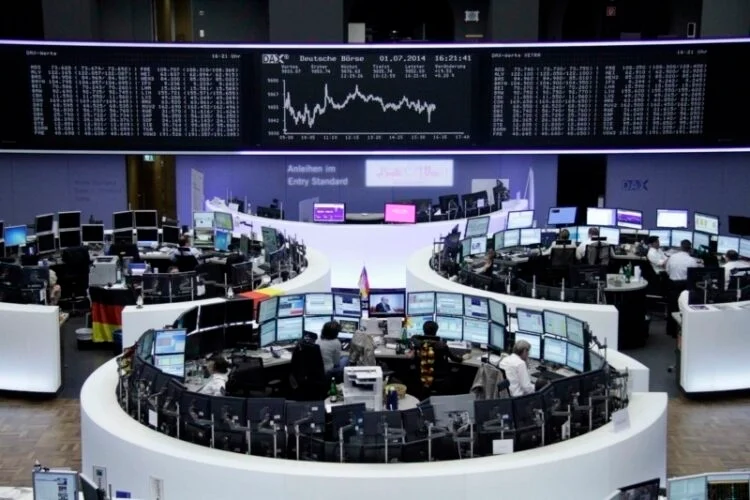Publisher: Maaal International Media Company
License: 465734
IEA lowers forecast for oil demand growth in 2024
اقرأ المزيد
International Energy Agency confirmed today, Friday, that oil demand growth next year will be slower than previously expected, citing weak macroeconomic conditions, slow recovery from the Corona pandemic, and the increasing use of electric cars.
According to Reuters, the agency expected in its monthly report in August that oil demand growth would slow to one million barrels per day in 2024, down 150,000 barrels per day from its previous forecast.
The agency also expected that if OPEC + maintains its current goals, oil stocks may decline by 2.2 million barrels per day in the third quarter and 1.2 million barrels per day in the last quarter of the year, which is likely to promote a new rise in prices. ,
“The global economic outlook remains challenging in the face of rising interest rates and shrinking bank credit, which is putting pressure on companies already dealing with slowdowns in manufacturing and trade,” the agency added.
The lack of supplies reinforced the rise in oil prices, as Brent crude exceeded $ 88 a barrel yesterday, its highest level since January, while I warned that global stocks may decline sharply during the remainder of this year, which is likely to push prices to rise further.
Global oil demand is expected to grow in 2023 by 2.2 million barrels per day, supported by air travel during the summer, increased use of oil in electricity generation, and increased activity in the petrochemical sector (TADAWUL: 2310) in China.
It is expected that the average demand will be 102.2 million barrels per day this year, with China accounting for more than 70% of the growth, despite concerns related to the strength of the Chinese economy, the largest oil importer in the world.
Demand recorded a record level in June, amounting to 103 million barrels per day, as the Energy Agency indicated that this August may witness a new peak.
In its monthly report issued yesterday, the Organization of the Petroleum Exporting Countries (OPEC) confirmed its annual forecast for oil demand, with an increase of 2.25 million barrels per day in 2024, compared to a growth of 2.44 million barrels per day in 2023.
With regard to supplies, production has slowed significantly in the past few months, mainly due to the voluntary reduction of production by Saudi Arabia.
OPEC and its allies, a group known as OPEC+, cut supplies at the end of 2022 to support the market. In June, the group extended supply cuts until 2024.








